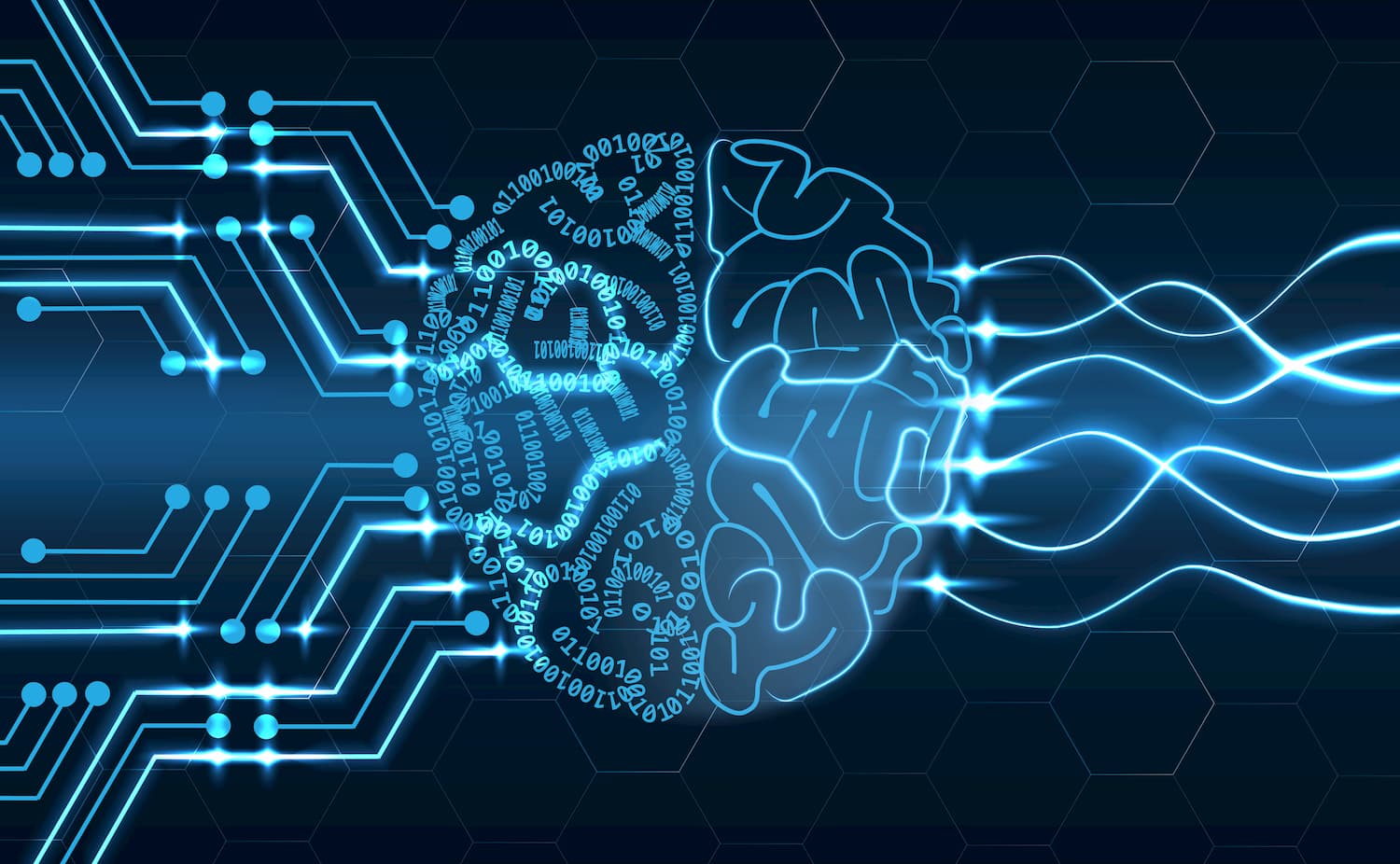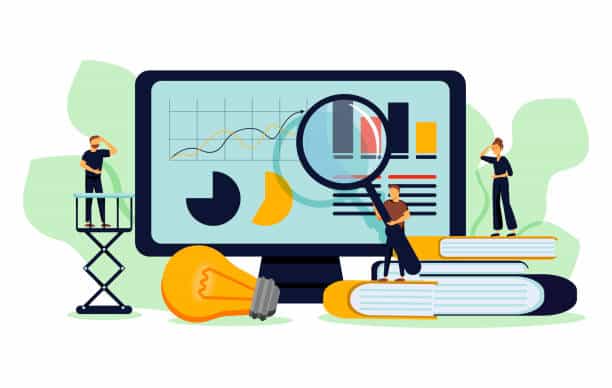A new survey has revealed that AI usage increases job satisfaction with 30% of respondents reporting that AI has had a “strong” or “significant” impact on their work processes.
The Tech.co 2024 survey, Impact of Technology on the Workplace, interviewed 1047 US business leaders and found that 59% of senior leadership who use AI say it’s improved their job satisfaction. The new findings suggest that AI could be the key to increasing the gratification employees receive from their job in 2024.
While a high salary can be enticing, younger generations are becoming increasingly interested in roles that provide more fulfilling job satisfaction and a greater work/ life balance. The recent Gen Z TikTok trend #lazygirljobs seeks to challenge the “always-on” culture that permeates US workplaces by encouraging younger workers to opt for low-stress jobs with healthier work-life boundaries.
The rise of #lazygirljobs and other workplace trends like ‘quiet quitting,’ ‘Bare minimum Mondays’, and ‘Resenteeism’ – which describes the feeling of staying in a job despite being fundamentally unhappy – has emerged in response to the US’s rapidly growing burnout problem – a type of stress that can impact on a worker’s physical health, mental well-being, and sense of identity.
The research also found that Millennials and Gen X senior leadership are more open to a 4-day working week than Baby Boomers, however, organisations that are already harnessing AI seem to be most open to this flexible work structure, as 93% of businesses using AI were found to be more open to a 4-day work week.
Millennials and Gen X senior leadership are more open to a 4-day working week than Baby Boomers
While the range of tasks that businesses find AI most useful for can be broad, according to the research, data analysis and writing tasks are the most popular uses for AI in the workplace. 32% of companies reported using AI for data analysis tasks, while 26% of companies used AI for general writing tasks, from emails to reports.
According to the report, the ‘Top 10 Workplace AI Usage’ was as follows: at the top – data analysis (32%), writing tasks (26%) scheduling and calendar management (21%), automated data entry (20%), quality control (20%), cybersecurity (20%), running customer support chatbots (19%), design tasks (19%), document classification and management (17%) and inventory management (16%).
Tech.co’s Lead Writer and AI Expert, Aaron Drapkin said: “While AI will likely cause major economic change in the future, at this moment in time, its capacity to both support the work of millions of people across the globe makes it a significant net benefit for most people in most workplaces.
Freely available AI tools like ChatGPT are helping with a huge range of workplace tasks – and most importantly, many of the ones we find repetitive, boring, and time-consuming. We’ve never had tools this capable at our fingertips before, and the data suggests it’s making a tangible difference to the lives of people using them. ”











